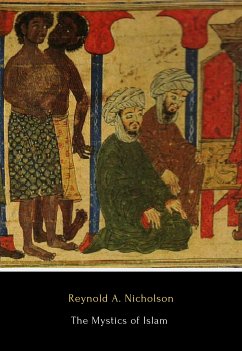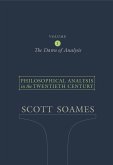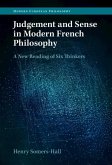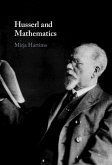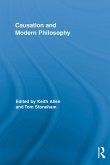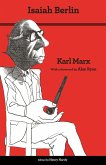Mystics of Islam is one of the earliest works to treat upon the subject of magic and practices within the Sufi context. From whirling dervishes to the concept of fana and far more, this spiritual work delves deep into the Islamic mystic tradition, examining the meaning of mystical knowledge and illumination and the path to ultimate union with God.
Reynold Alleyne Nicholson was an eminent English orientalist, scholar of both Islamic literature and Islamic mysticism, and widely regarded as one of the greatest Rumi scholars and translators in the English language.
Reynold Alleyne Nicholson was an eminent English orientalist, scholar of both Islamic literature and Islamic mysticism, and widely regarded as one of the greatest Rumi scholars and translators in the English language.

